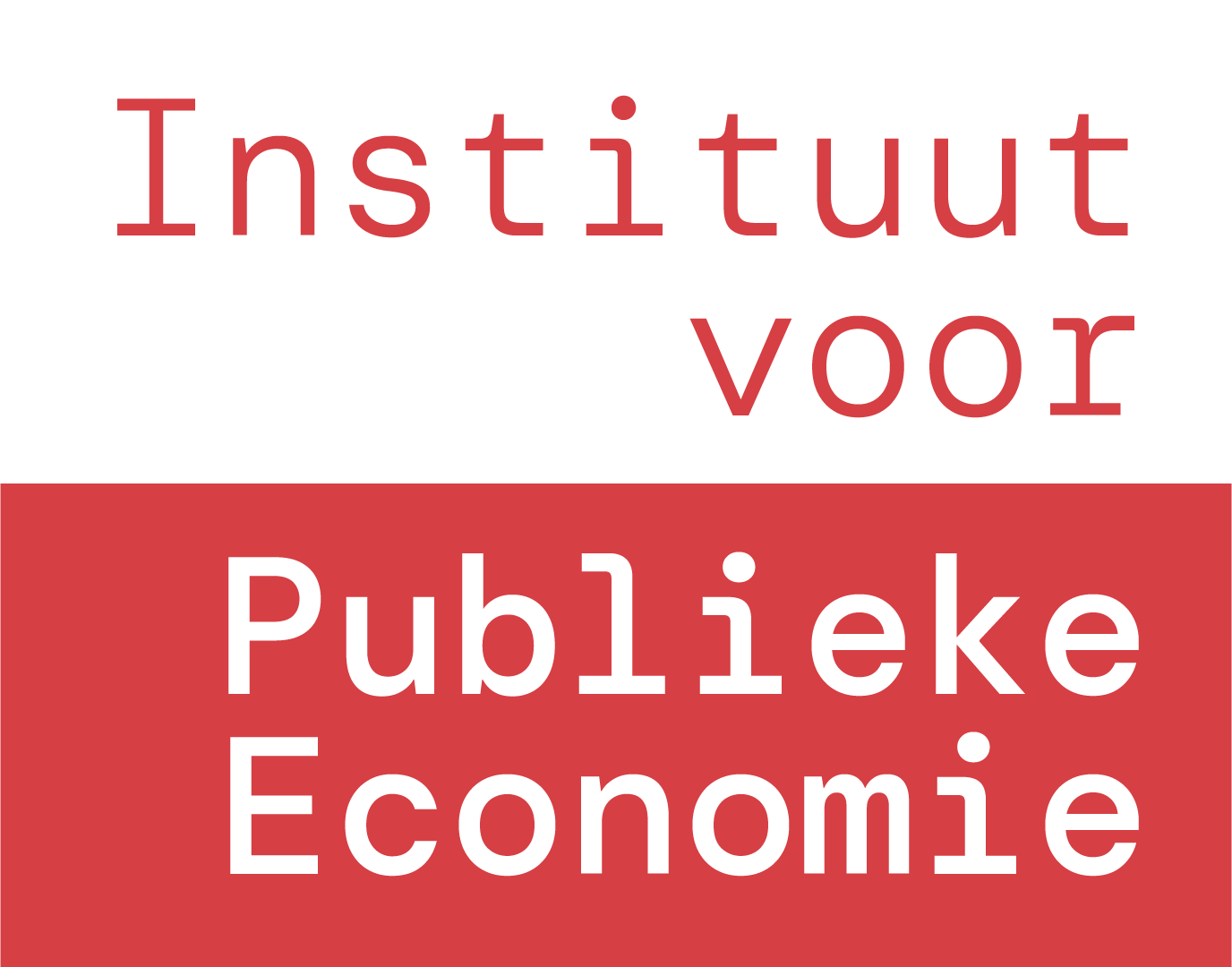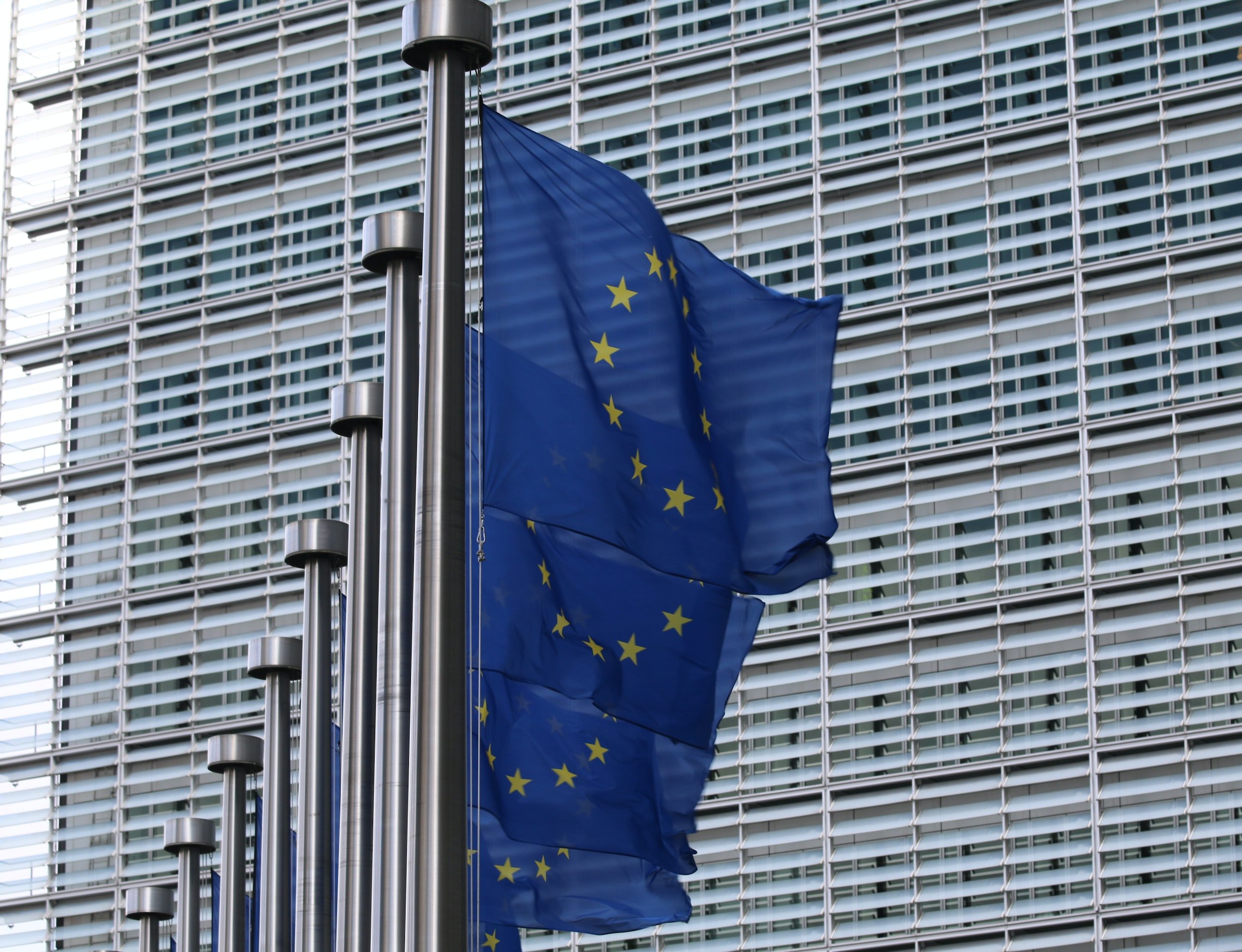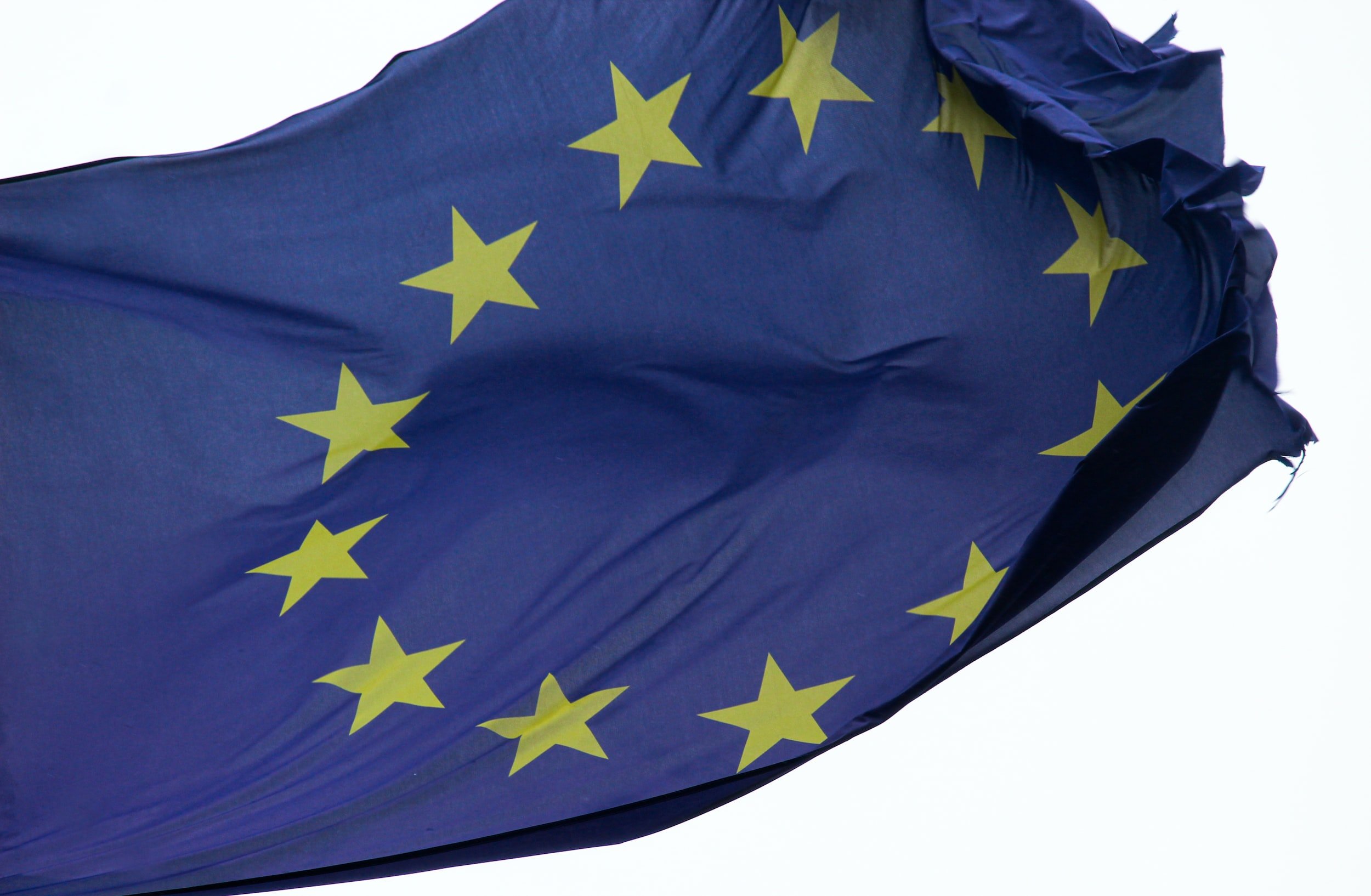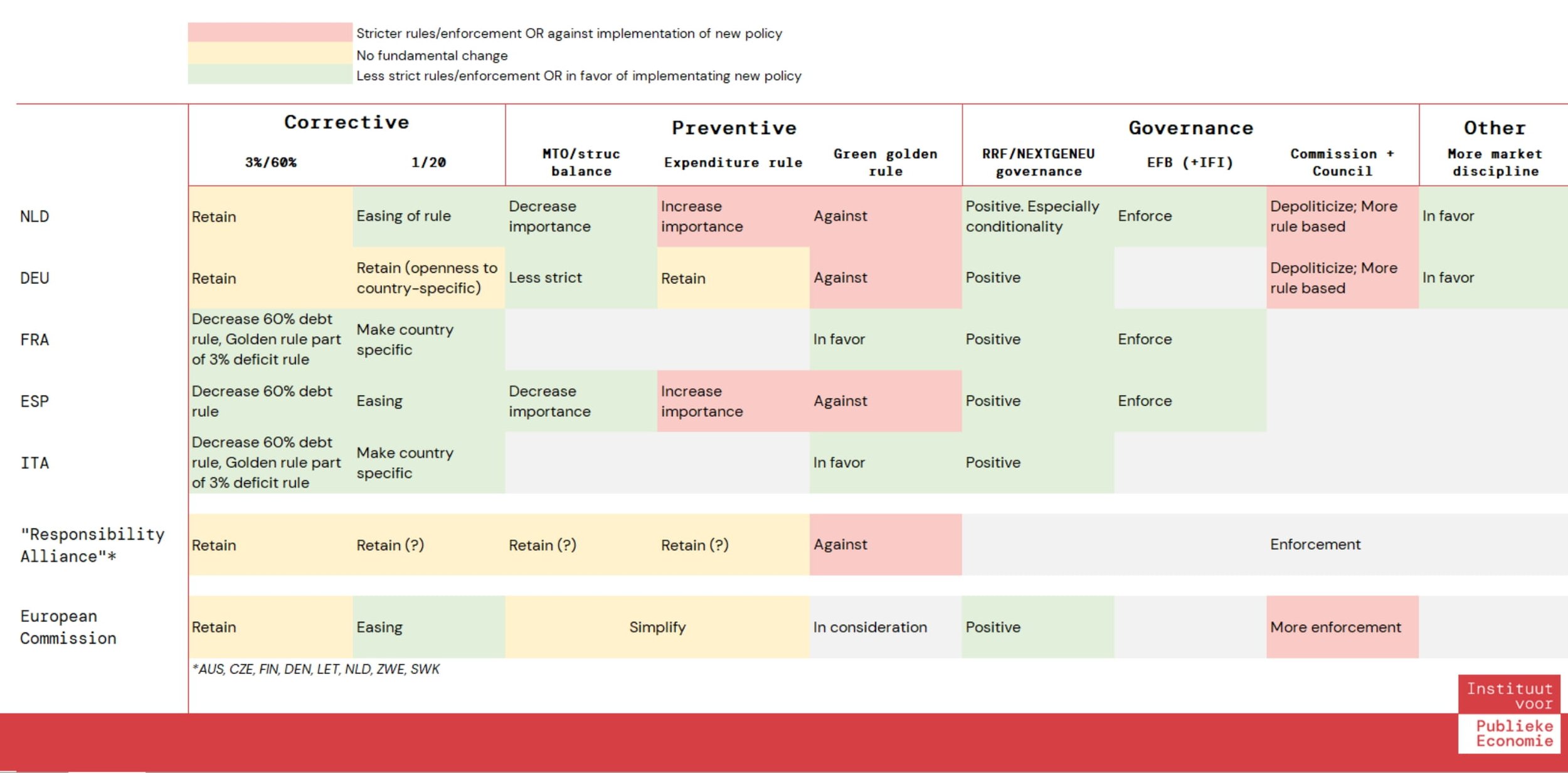About us
IPE is an independent think tank, focused on economic policy. We are located in The Hague, The Netherlands. We are part of the European Macro Policy Network (EMPN), a decentralized network of European think tanks. If you would like to learn more about us, please contact us.
While much of our work is written in Dutch, we’ve listed our English-language publications below.
The benefits of internationalization far outweigh the drawbacks. But the academic community should be aware that a policy debate around those drawbacks has been ongoing for some time.
Recently, the European Commission proposed a reform of the fiscal rules. However, reforming the rules is not enough; enforcement must also be improved. We present five recommendations for the enforcement of the Stability and Growth Pact.
As hawkish members seek to water down the Commission’s attempts to make the rules more sensible, the bloc will only end up going around in circles.
Dutch members of parliament like to criticize Italy. The country ought to implement more reforms. However, their arguments are based on persistent misunderstandings.
In the paper, we very briefly sketch out the reform proposal put forward by the EU-Commission and make five suggestions on how this could be developed further. The annex contains two short papers covering (1) the EU methodology for computing debt sustainability and (2) expenditure rules in practice drawing on the Dutch experience.
The European Commission put forward a proposal to reform the European fiscal rules. The proposal is a step in the right direction. However, it fails to address a number of important shortcomings and it creates a number of new problems.
We produced an overview of selected Member States’ positions on Stability and Growth Pact reform. Their positions seem to leave room for changes to the preventive arm, the debt reduction rule, and the governance framework.
A number of European countries grant personal income tax benefits to newly domiciled tax residents (typically ‘expats’ or retirees). Such schemes amount to a beggar-thy-neighbour policy and should not be applicable to EU residents.









